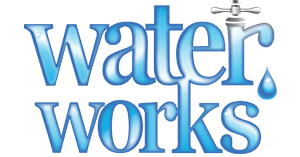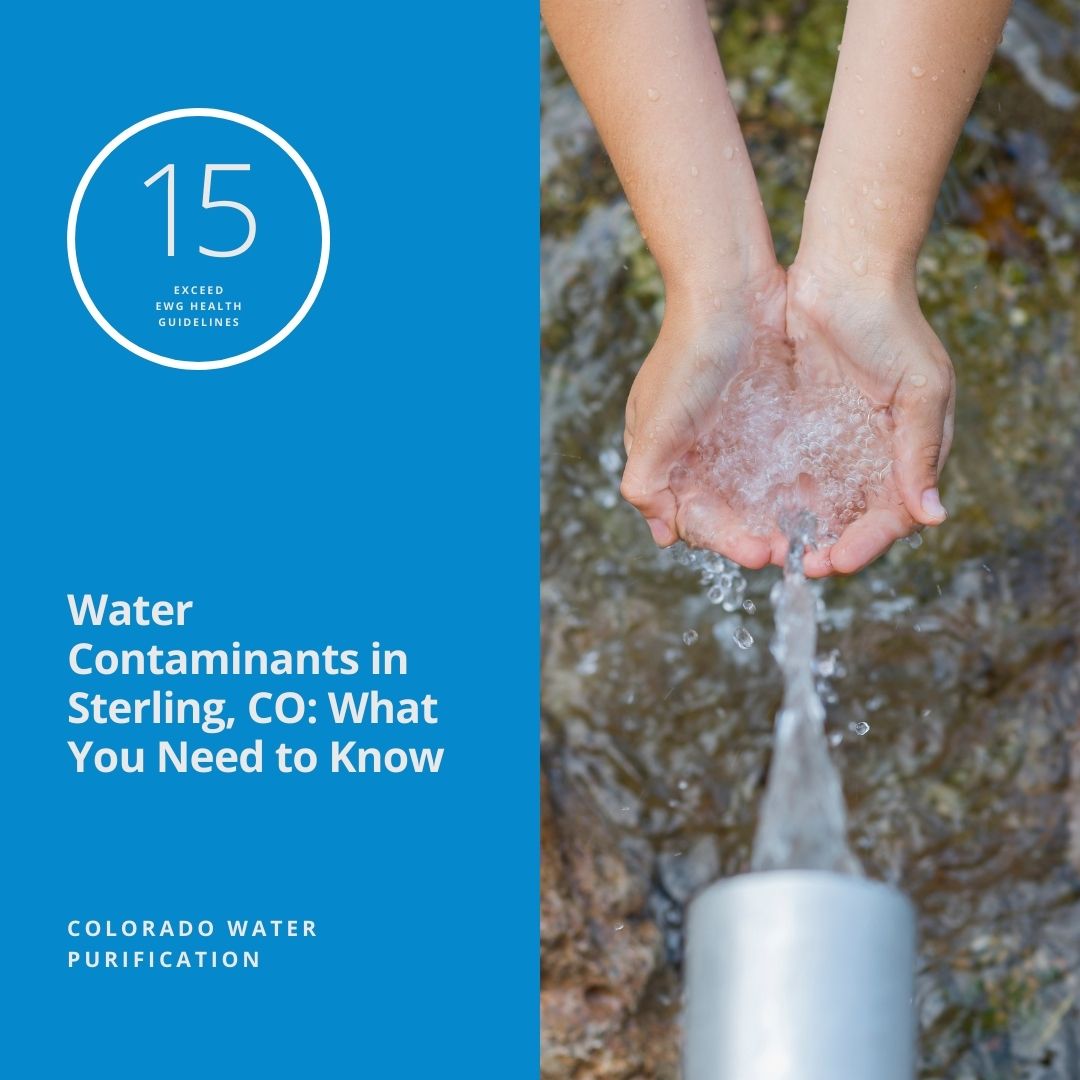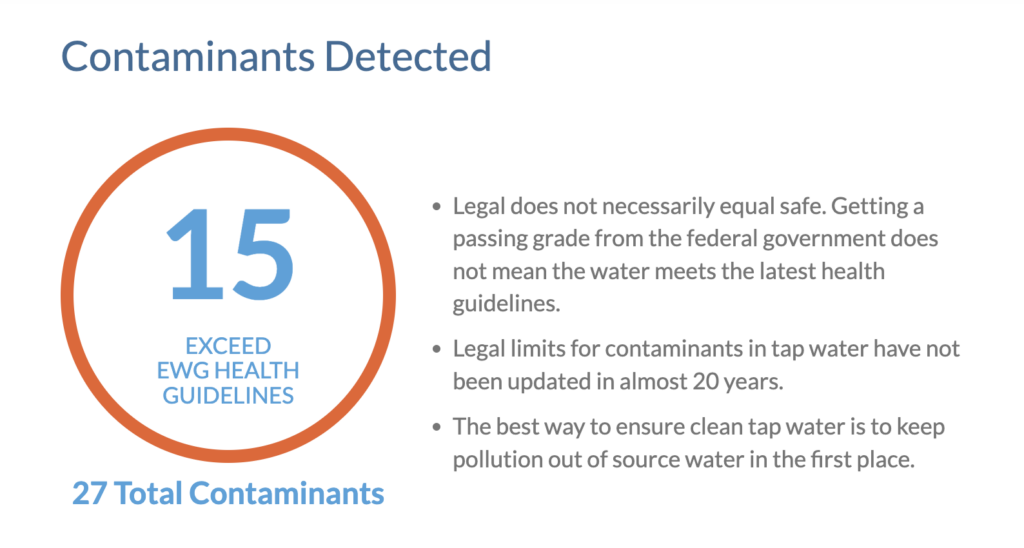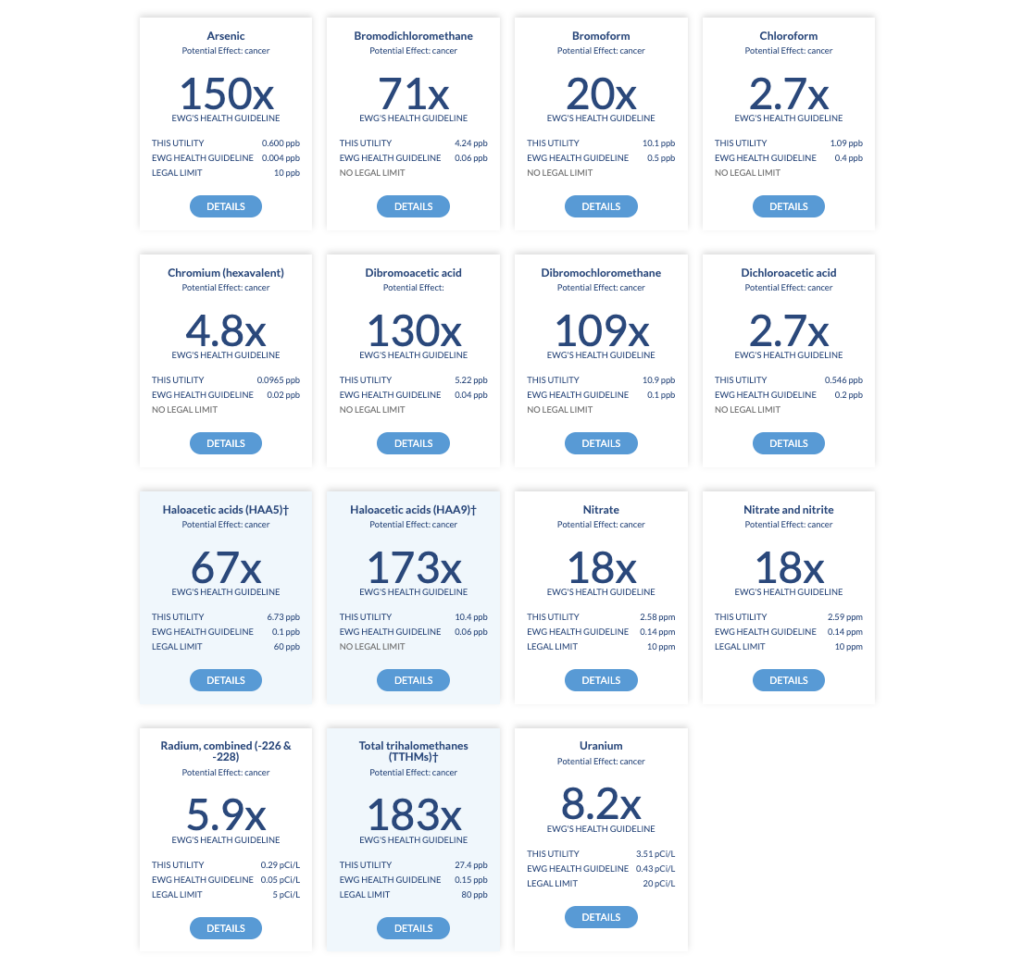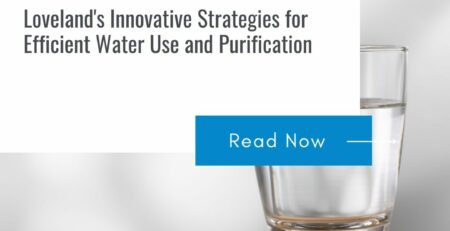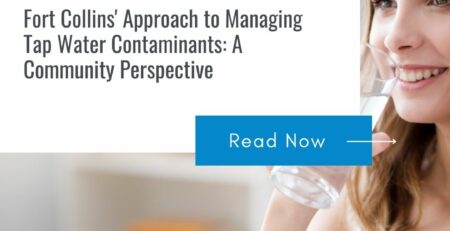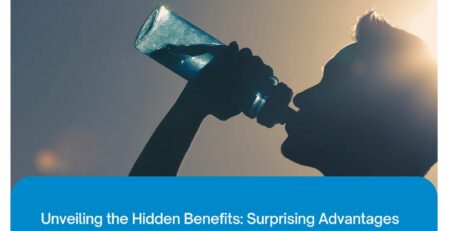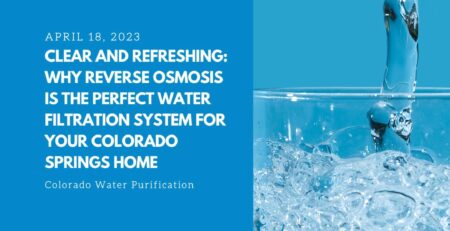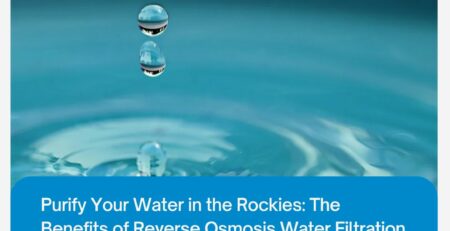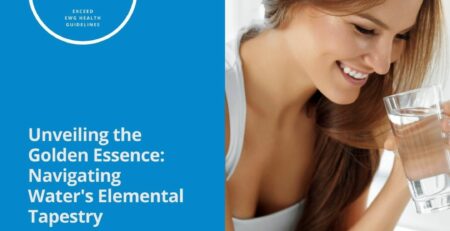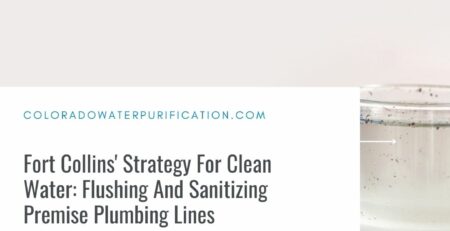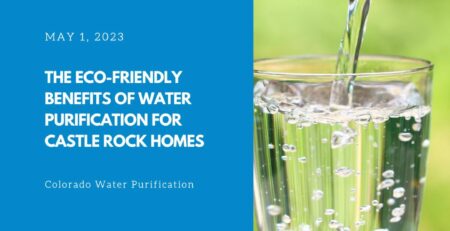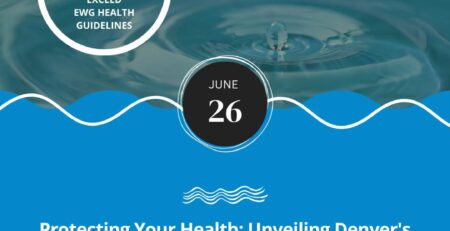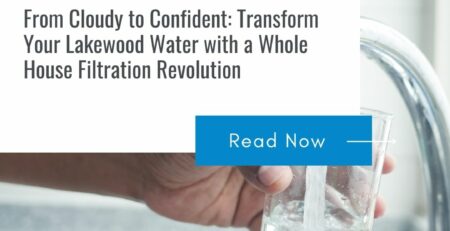Water Contaminants in Sterling, CO: What You Need to Know
Nick2023-09-18T15:07:57-06:00Sterling is a beautiful city in the northeastern plains of Colorado. It is a popular destination for outdoor enthusiasts and tourists alike. However, many residents of Sterling may not be aware that the city’s water supply contains 15 contaminants that can be harmful to human health.
What are the water contaminants in Sterling, CO?
The 15 water contaminants in Sterling, CO are:
- Antimony
- Barium
- Chlorate
- Chromium
- Fluoride
- Manganese
- Monochloroacetic acid
- Nitrite
- Selenium
- Strontium
- Trichloroacetic acid
- Vanadium
- Arsenic
- Bromodichloromethane
- Bromoform
- Chloroform
- Chromium (hexavalent)
- Dibromoacetic acid
- Dibromochloromethane
- Dichloroacetic acid
- Haloacetic acids (HAA5)
- Haloacetic acids (HAA9)
- Nitrate
- Nitrate and nitrite
- Radium, combined (-226 & -228)
It is important to note that the levels of these contaminants in the water supply of Sterling are below the EPA’s maximum contaminant levels (MCLs). However, the EWG Health Guidelines are more stringent than the EPA’s MCLs, and they take into account the potential health risks of exposure to even low levels of contaminants.
How can I reduce my exposure to water contaminants in Sterling, CO?
There are a few things you can do to reduce your exposure to water contaminants in Sterling, CO:
- Install a water filter. A water filter can remove many of the contaminants from your drinking water.
- Boil your water for at least one minute. This will kill any bacteria or viruses that may be present in your water.
- Drink bottled water. Bottled water is often filtered and purified, so it can be a good option if you are concerned about the quality of your tap water.
If you are concerned about the quality of your drinking water in Sterling, CO, there are a few things you can do to protect yourself. You can install a water filter, boil your water for at least one minute, or drink bottled water.
Additional tips for homeowners in Sterling:
- If you have a private well, be sure to have it tested regularly for contaminants.
- If you are pregnant or have young children, you may want to consider using bottled water for drinking and cooking.
- You can also reduce your exposure to contaminants by showering instead of bathing, and by washing your dishes with filtered water.
By taking these steps, you can help to ensure that your drinking water is safe and healthy for you and your family.
I hope this blog is informative and helpful. Please feel free to contact us if you have any questions or would like to schedule a water filtration installation consultation.
